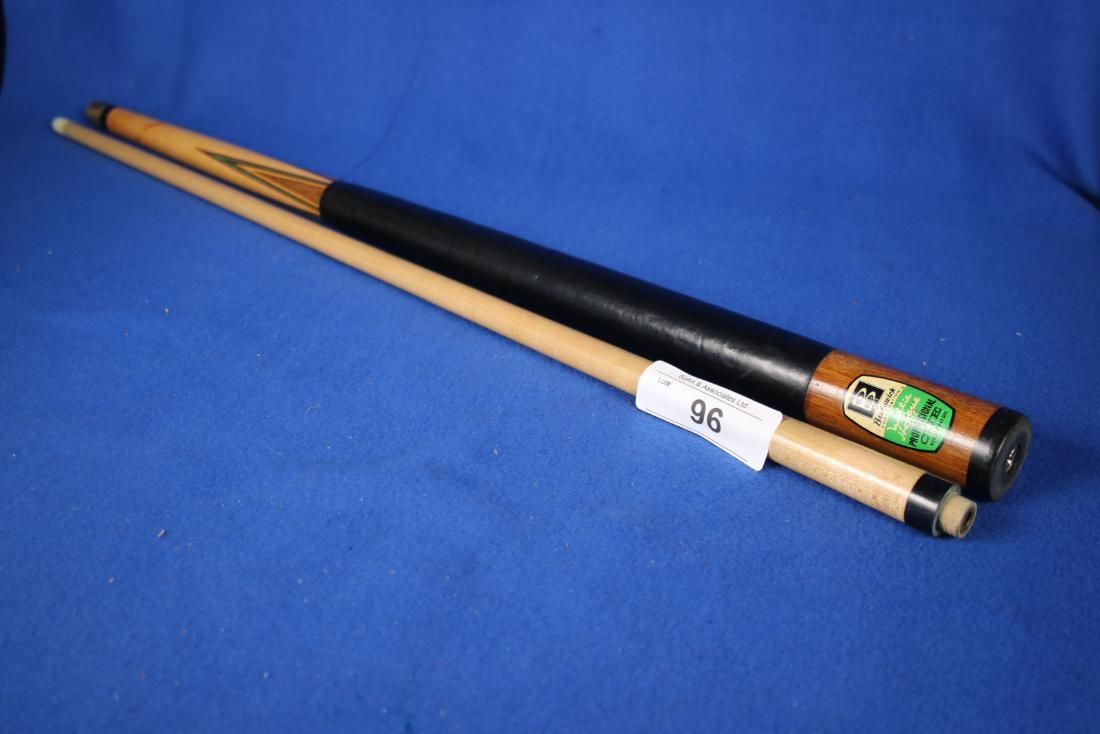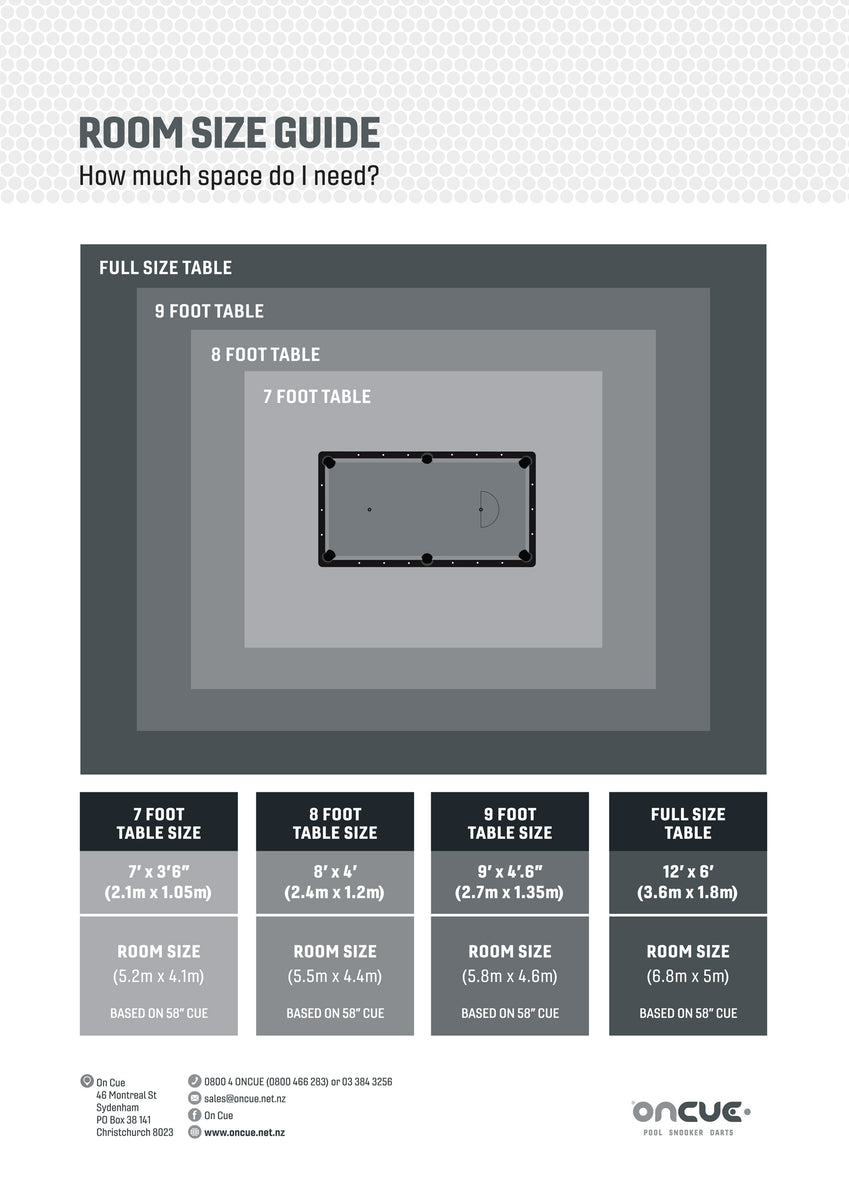
One of the most loved sports in the world is pool. You can play on different sized tables. However, it is also a game that requires a high level of skill. Although there are many variations of pool, the most popular ones are eight ball and continuous pool. These games require a high level of skill and can be played as singles, doubles or as a team sport.
The object of the game is to get all designated balls. This includes the cue and eight-ball balls as well as other object or specialized balls. Each player is given one of two pockets at the foot of the table. They keep going until they foul or miss. If a foul is committed, the player must put the ball back on and take a new shot. There are many fouls that could happen, including hitting the cue balls into objects, breaking, breaking and jumping.
The World Standardized Rules of Pool are the official rules. They are used in many international tournaments and organizations, as well as by the Billiard Congress of America. If a foul is committed the ball that was taken must be returned to the pocket and the opponent's cue ball pocketed counts as a point.

Eight-ball has one goal: to find the black eight ball. Depending on the variant of the game, other balls will be numbered from 1 to 9. The game is won if the player places a ball in his own pocket.
A normal foul is punished with a point. If the ball is taken in foul play, it will be penalized with a minus point. The player can decide to go back to his original position after he has taken his next shot. Or, he could decide to keep his shot. If the opponent takes the ball from his pocket, he'll receive a point.
The ball in hand foul is another type of foul. This occurs when a player touches the cue ball without having his or her foot on the floor. Before taking a shot, the player must announce which pocketed ball he or she has. The ball must be placed as close as possible to the spot where it was caught during the foul.
Two fouls in succession must be reported to the officials before the player can take their next shot. A third foul can result in the game being lost if the player does not agree to a penalty. A player who breaks in the first innings will get a minus score equal to -10.

A non-player interfere is another type. Non-player interference refers to any foul that occurs when the ball gets pushed or bumped in the face by an opponent, or an unscheduled fixture. Non-player interference does not count if the ball is pocketed in the course or a foul.